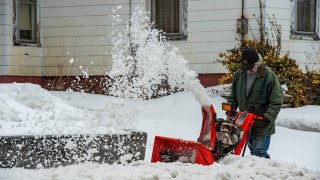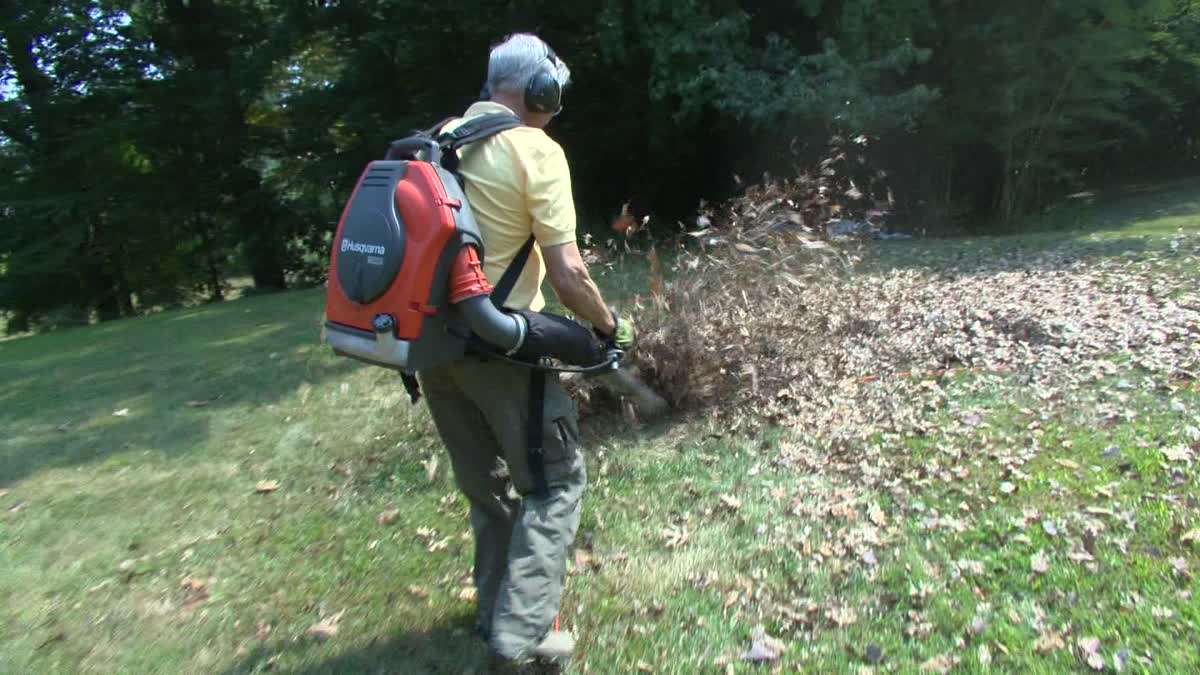
Week by week, heart attack rates are relatively consistent throughout the year - with two exceptions, according to a cardiologist with Northwestern Medicine.
One is in the summer months, explained Dr. Donald Lloyd-Jones, but another is a "very short spike" between Christmas and New Year's. Heart attacks typically soar a startling 30 to 40% between the two holidays, data has shown.
There's no definite reason, but many factors play a part, including lack of routine in eating or sleeping, different stresses like dealing with relatives or making travel arrangements, not pursuing physically activity and getting thrown off your medication schedule, the doctor said.
The chilly winter weather many Chicagoans are used to may play a pivotal role, as well.
Feeling out of the loop? We'll catch you up on the Chicago news you need to know. Sign up for the weekly Chicago Catch-Up newsletter here.
"Cold weather also is a problem because when we breathe cold air, it chills the blood in our lungs and causes constriction of blood vessels," Lloyd-Jones explained, in part. "The first blood vessels downstream from the lungs are the coronary arteries, which are particularly affected by the cold weather."
Cold weather activities, like shoveling, can be especially troubling. Such activities combined with wearing extra layers can lead you to overheat, causing a "perfect storm to maximize stress on the heart."
When it comes to a heart attack, symptoms differ for men and women. The classic symptoms of a heart attack in men are heavy, crushing chest pressure in the middle of the chest and sudden unexplained shortness of breath. Women can experience the same symptoms, according to Northwestern Medicine, but they may be more diffuse.
Local
Those symptoms include shortness of breath and profound fatigue as well as occasional dizziness and lightheadedness. Anyone who experiences the aforementioned symptoms should go to the emergency room right away, Lloyd-Jones said.



